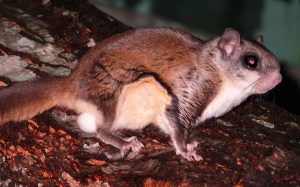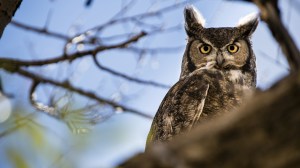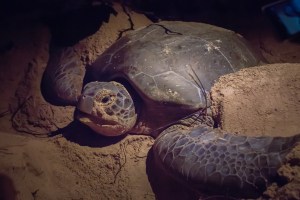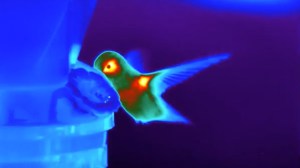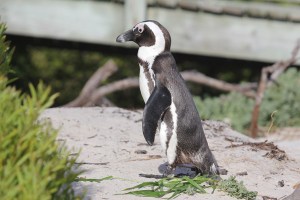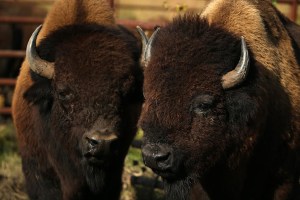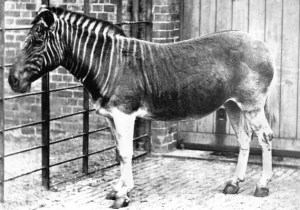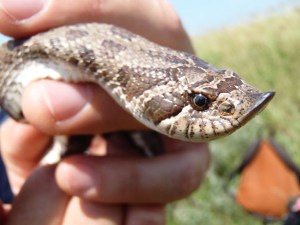Director of Science Communications
Page 49
-
Urban Wild: Flying Squirrels of the Beltway
To see the southern flying squirrel, you don't make a trek into the wilderness or visit a national park. You need to visit a small nature preserve a short distance away from the bustling urbanity of the U.S. capitol.
Matthew L. Miller
-
The Hooting Season: Enjoying Great Horned Owls
Winter is the time to enjoy the great horned owl breeding season–a time when these charismatic birds are much easier to see and hear.
Matthew L. Miller
-
Sea Turtles of St. Croix: Research Benefits Nesting Beaches
Nesting sea turtles have staged a dramatic comeback at a Nature Conservancy site on St. Croix. What's behind the success? Our blogger heads afield for a firsthand look at turtle research and monitoring.
Matthew L. Miller
-
Infrared Technology for Wildlife Conservation
Infrared enables us to see minor variations in temperature, even from a distance or at night. See how this technology is revolutionizing conservation science.
Matthew L. Miller
-
The Penguins of Boulders Beach
Forty years ago, Boulder Beach in South Africa had no penguins. Today, tourists flock there to see thousands of these charismatic birds. A conservation success? Not quite. The real story is a bit more complicated.
Matthew L. Miller
-
Bison Return to Nachusa: A Behind-the-Scenes Look at Reintroduction
Join our behind-the-scenes look at the science, restoration and planning necessary for a successful bison reintroduction.
Matthew L. Miller
-
Quagga: Can an Extinct Animal be Bred Back into Existence?
In South Africa, there's an ambitious effort underway to restore the quagga. The one complicating factor? Quaggas have been extinct since the 1800s. Is this innovative conservation at its finest, or an expensive gimmick?
Matthew L. Miller
-
Tracking a Secretive Snake on the Prairie
The plains hog-nosed snake -- does it think it's a cobra, or a possum? Researchers are finding a lot of surprises tracking this mysterious grasslands creature on Minnesota's Chippewa Prairie, near a Nature Conservancy preserve.
Matthew L. Miller
